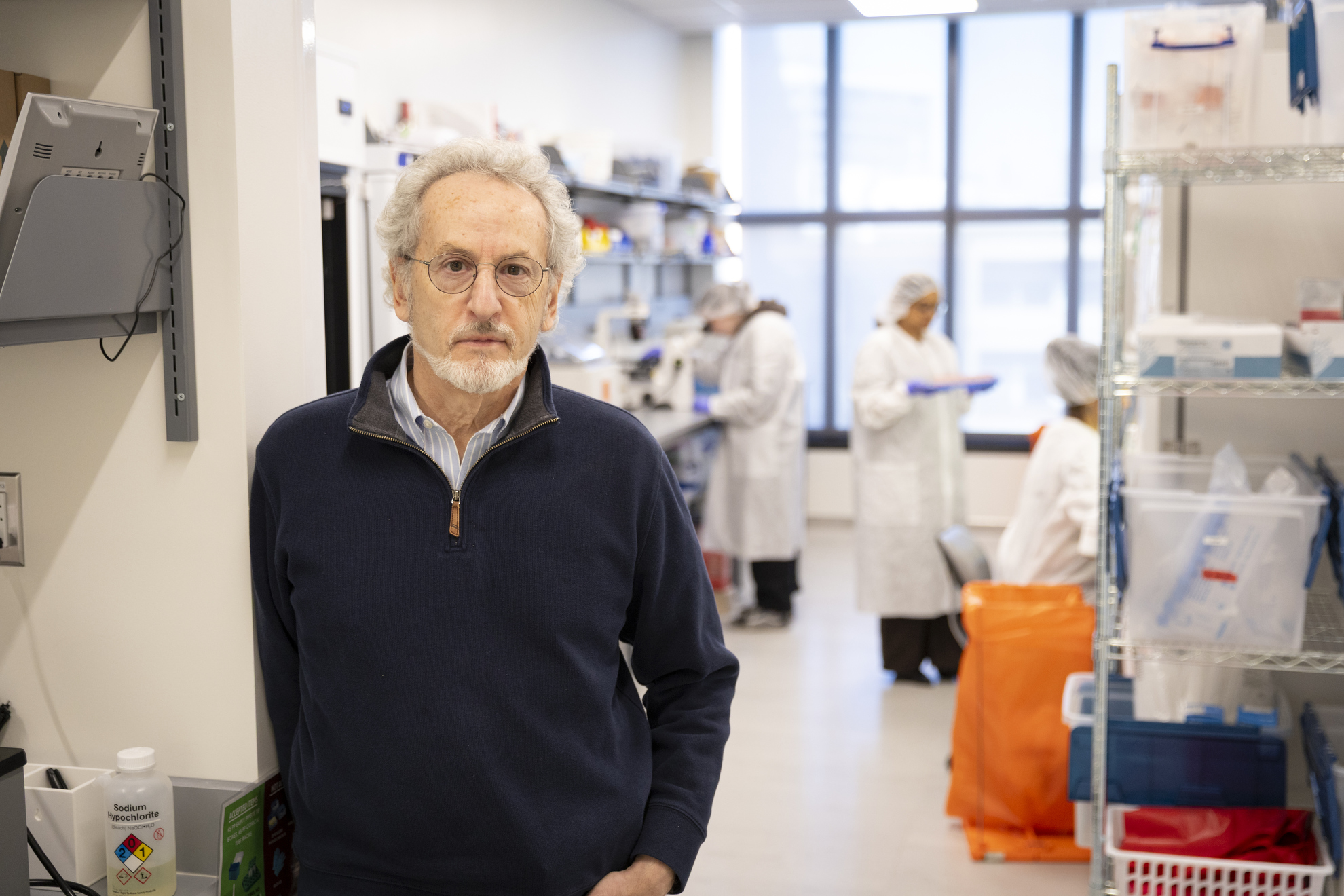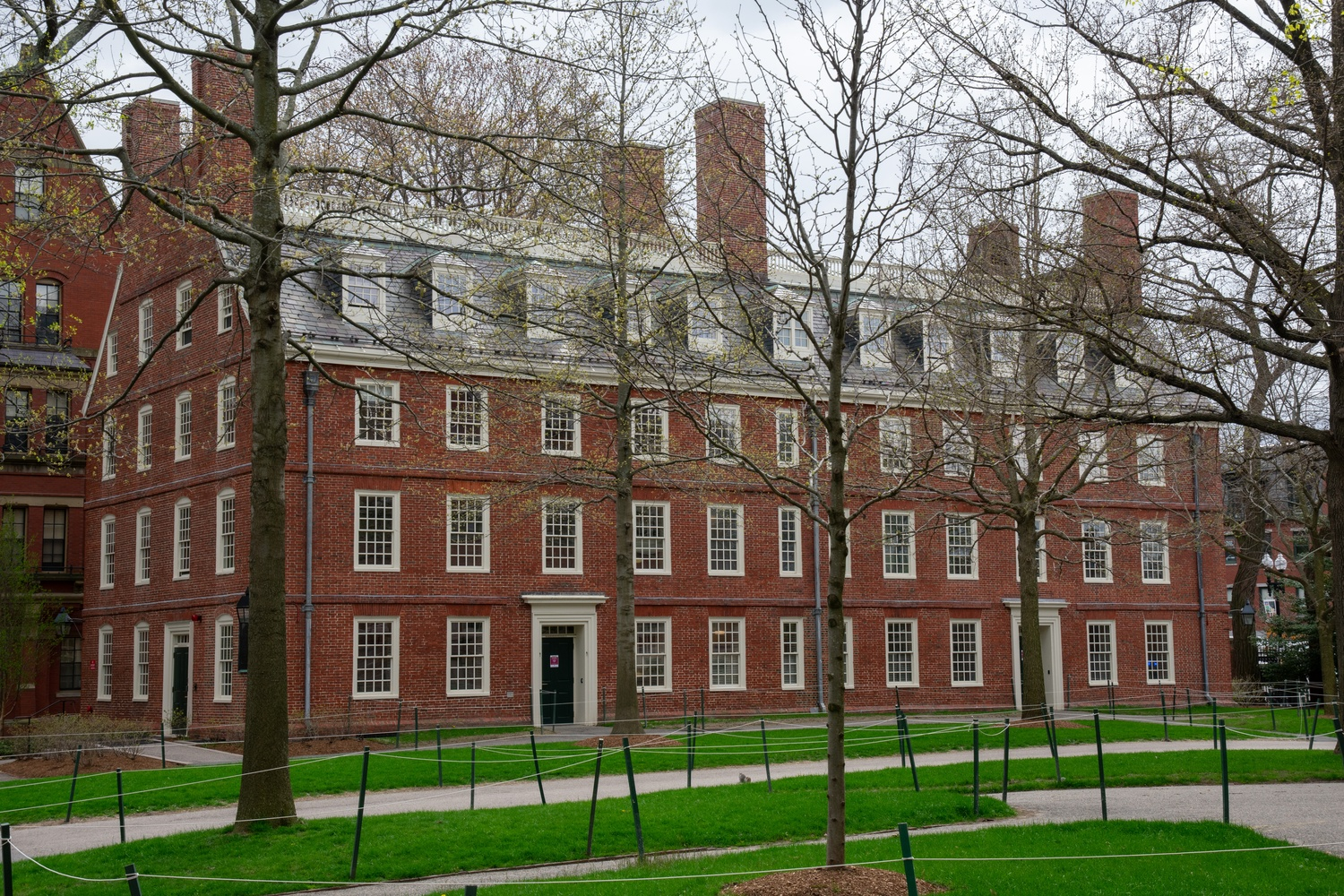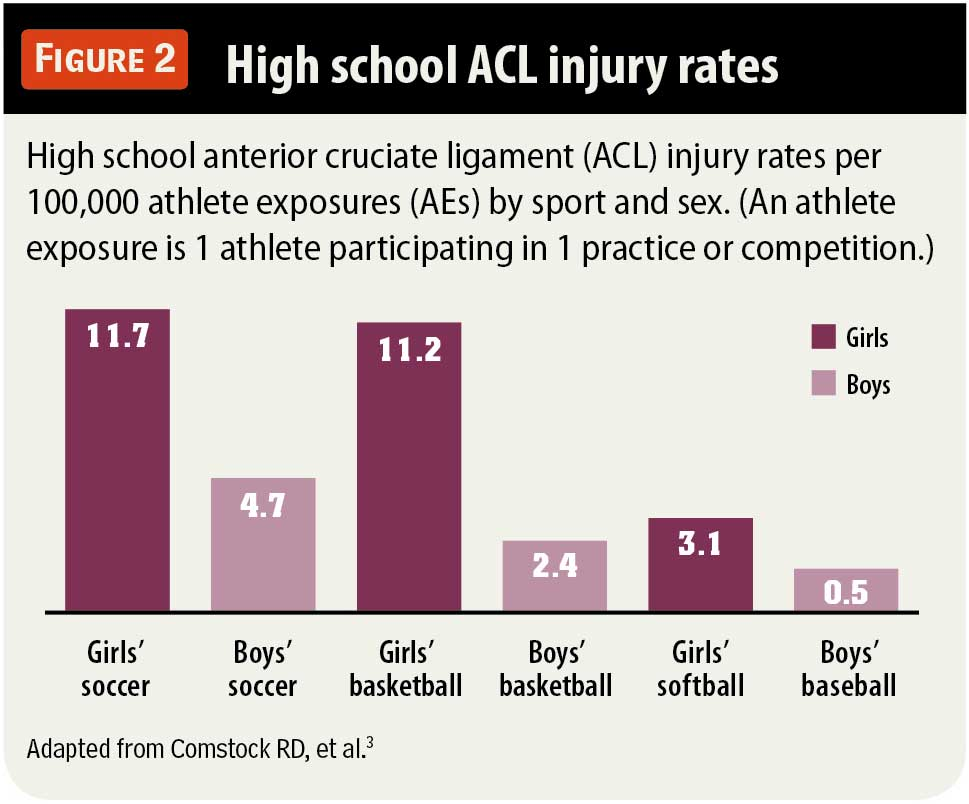The Harvard research funding crisis has sent shockwaves through the academic community, compelling researchers to confront unexpected stop-work orders that jeopardize millions in contracts. Just after rejecting governmental demands for oversight, Harvard University found itself paralyzed by a funding freeze, amounting to approximately $2.2 billion in federal support. For experts like Don Ingber, director of the Wyss Institute, the impact is immediate and severe, with crucial projects on organ-on-a-chip technology placed on hold, endangering potential breakthroughs. This unprecedented situation not only threatens the future of innovative research but also stirs concerns about American innovation as talented scientists face uncertainty about their careers. As Harvard navigates a research funding lawsuit against the government, the broader implications hang in the balance, raising questions about the future of scientific inquiry and collaboration in the U.S.
The ongoing crisis concerning Harvard’s research funding has cast a long shadow over the institution’s academic endeavors. This predicament, often referred to as the funding freeze, has struck at the heart of many essential projects essential for advancement in fields like biotechnology and engineering. Central figures, including Don Ingber of the Wyss Institute, are now grappling with halted research and the fallout from a significant funding lawsuit against federal actions. With initiatives like organ-on-a-chip technology at risk, this crisis has the potential to hinder progress in scientific innovation vital for health and space exploration. The implications stretch beyond just Harvard, as the landscape of research in America faces uncertainty, raising alarms over its future viability.
The Harvard Research Funding Crisis: Impact on Innovation
The recent crisis surrounding research funding at Harvard signifies a pivotal moment in the landscape of American innovation. Following the Trump administration’s controversial stop-work order, the Wyss Institute, led by eminent researcher Don Ingber, faces the imminent threat of significant project suspension. With over $2.2 billion in research funding directly affected, the repercussions extend beyond Harvard’s hallowed halls to the broader scientific community, raising concerns about the integrity and velocity of groundbreaking work such as organ-on-a-chip technology, crucial for various biotechnological advancements.
As the Harvard funding freeze looms large, the fear of lost progress is palpable among researchers. With projects halted, including those aimed at understanding radiation damage through organ-on-a-chip technology, the potential to uncover transformative insights for health and safety is jeopardized. The crisis has incited a wave of uncertainty that threatens to dismantle not just ongoing research efforts but also the collaborative spirit that propels American innovation. The partnership between academic institutions and government funding has historically driven technology development, and the current situation poses serious questions about the future viability of this relationship.
Navigating the Implications of the Harvard Funding Freeze
The ramifications of Harvard’s halted research extend far beyond the immediate loss of projects and financial backing; it raises critical questions about the future of scientific research in the U.S. The immediate impact on talented researchers, students, and postdoctoral fellows like those at the Wyss Institute cannot be understated. As tensions continue to rise between the university and the federal government, uncertainty about job security and research continuity looms, causing distress among those within the academic circles.
Moreover, the challenges posed by the funding freeze serve as an alarming signal for the future landscape of scientific pursuit in America. With senior researchers like Don Ingber struggling to reassure their teams amidst a backdrop of instability, the long-term consequences could deter individuals from pursuing careers in science at American institutions. The rising trend of foreign researchers reconsidering opportunities in the U.S. due to safety and job stability concerns disproportionately impacts the very innovation ecosystem that the country has cultivated.
The Role of Organ-on-a-Chip Technology Amidst Crisis
Amidst the turmoil caused by the Harvard funding crisis, organ-on-a-chip technology becomes even more critical in illustrating the potential benefits of continued research funding. Don Ingber’s pioneering work aims to explore human tissue response to external stimuli such as radiation — a project supported by grants which are now frozen. This technology not only paves the way for life-saving drug development but also serves to model real-life scenarios that could lead to improved patient outcomes in clinical settings. The suspension of such vital research highlights the immediate impact of halted funding on broader scientific progress.
The application of organ-on-a-chip models showcases the integration of engineering with biological sciences, which is vital as the scientific community increasingly seeks innovative solutions. As Ingber explains, the ability to mimic human organs on these chips enables researchers to closely analyze effects like those of radiation exposure on astronauts or cancer patients. As the funding crisis unfolds, the importance of sustaining this line of research becomes clear, not only for public health reasons but also for maintaining America’s edge in scientific and medical breakthroughs.
Harvard’s Research Funding Lawsuit: A Quest for Restoration
The lawsuit filed by Harvard against the federal government reflects a desperate attempt to reclaim essential funding that supports critical research initiatives. By arguing that the demands placed upon them are unconstitutional and an overreach of authority, Harvard aims to unlock the flow of resources necessary for projects that underpin American innovation. The outcome of this legal battle may set a profound precedent, influencing not only Harvard but also universities across the nation that depend on federal grants.
Simultaneously, this research funding lawsuit invites scrutiny of the broader implications of government intervention in academic spheres. As Ingber and his team navigate uncertain waters, the drive to protect their funding emphasizes the significance of maintaining a partnership between the government and academia that has historically fueled scientific progress. The outcome could determine the future resilience of research environments, affecting how universities secure funding in the face of political shifts.
American Innovation at Stake: The Future of Scientific Research
The unfolding crisis at Harvard is emblematic of a larger concern facing the entire scientific community in the United States: the stability and reliability of funding sources. As noted by Ingber, the partnership between government and academic institutions has been a cornerstone of technological advancement, particularly in the sciences. With the potential loss of talent, groundbreaking ideas, and innovative projects due to funding cuts, the impacts on American innovation could be disastrous. It raises questions about whether the U.S. can continue to lead in technological advancements without robust support for research and development.
Moreover, the current scenario may lead to a negative feedback loop where the perception of instability further discourages prospective scientists from pursuing careers in academia. This creates a crisis not only in funding but also in attracting the brightest minds who contribute rich, diverse perspectives essential for driving forward American innovation. As the nation faces global competition, securing a stable research future is paramount to maintaining leadership in science and technology.
Strategic Responses to the Funding Dilemma
In light of the funding freeze, Harvard and its researchers are forced to adopt strategic responses to mitigate the impacts on ongoing projects. Ingber, for instance, has expressed a commitment to safeguarding his staff by reallocating available resources and seeking internal support to maintain their continued employment. Such measures are crucial to preserving talent and expertise, which are vital components of the university’s research ecosystem.
Additionally, Ingber’s approach highlights an adaptive strategy that not only responds to the crisis but also emphasizes the value of human capital in research initiatives. By prioritizing team welfare and exploring alternative funding avenues, there remains a scope for optimism amidst the bleak funding landscape. This adaptive resilience is essential for navigating the complexities of research in these uncertain times, ensuring that innovative projects do not simply vanish due to bureaucratic obstacles.
The Uncertain Future of Foreign Expertise in American Research
The implications of Harvard’s research funding freeze extend to international researchers, who are crucial contributors to the scientific community in the U.S. The uncertainty brought forth by the federal government’s actions has sparked fears among foreign scientists concerning their career prospects and workplace safety. Ingber’s experience with scientists opting to leave for opportunities abroad underscores a troubling trend that could erode the diversity and richness of the American research environment.
As U.S. universities have historically been a beacon for the best and brightest minds globally, these recent events may deter talented foreign researchers from pursuing opportunities at American institutions. The loss of international talent not only threatens the richness of research but may also hinder innovative breakthroughs that stem from diverse collaborations. Protecting an inclusive and welcoming environment for foreign scholars is vital for harnessing the full potential of scientific discovery that continues to propel American innovation.
Don Ingber’s Leadership During Crisis
In times of crisis, effective leadership becomes paramount, and Don Ingber stands as a notable figure navigating the complexities of the current situation at the Wyss Institute. His commitment to his team and the continuation of impactful research projects reflects an admirable quality of resilience in the face of uncertainty. Ingber’s active engagement in addressing the concerns of his team members and allocating resources demonstrates the critical role of compassionate leadership amid crises that threaten established research agendas.
Furthermore, Ingber’s efforts to engage with the media, government, and academic circles indicate not only a response to immediate challenges but also a proactive stance on advocating for the significance of academic research. By sharing insights into how current governmental actions potentially jeopardize America’s innovation engine, Ingber underscores the vital relationship between research and public policy. His leadership during this pivotal moment exemplifies the need for steadfast guidance to steer through turbulent waters towards a more stable research environment.
The Long-term Implications of the Current Funding Landscape
The ongoing funding challenges at Harvard raise broader issues about the long-term implications for research initiatives across the country. As institutions grapple with funding uncertainties, the trajectory of scientific progress hangs in the balance. If the current funding freeze persists, it could lead to a drastic reduction in breakthrough research that has the potential to address critical societal challenges — from healthcare to environmental sustainability.
Moreover, the situation serves as a wake-up call for stakeholders in the research community to advocate for sustained investment in innovation. The role of the government in fostering a stable and supportive environment for research cannot be overstated. As departments of health and human services navigate the complexities of funding allocation, it remains essential to ensure that vital research projects, akin to those at Harvard, continue to receive the support they need to drive forward innovations that benefit society at large.
Frequently Asked Questions
What is the Harvard research funding crisis?
The Harvard research funding crisis refers to the recent suspension of approximately $2.2 billion in funding by the U.S. government due to Harvard’s refusal to comply with certain demands related to its governance and admissions practices. This crisis has directly impacted several key research projects at the University, including those focusing on organ-on-a-chip technology.
How has the Harvard funding freeze affected research projects?
The Harvard funding freeze has led to stop-work orders on significant projects, such as Don Ingber’s organ-on-a-chip initiatives at the Wyss Institute. Researchers are facing a halt in experiments, loss of progress, and uncertainty regarding future funding, which threatens the viability of groundbreaking research in areas like nuclear power and spaceflight.
What is the role of organ-on-a-chip technology in Harvard’s research?
Organ-on-a-chip technology is crucial in Harvard’s research as it models human organ responses, specifically investigating radiation damage and the effects of microgravity. This cutting-edge technology helps develop drugs and understand potential health risks for astronauts during long space missions, emphasizing its significance for American innovation.
What court actions has Harvard taken regarding the funding crisis?
In response to the funding freeze, Harvard has filed a lawsuit challenging the government’s demands as unconstitutional. This legal action seeks to restore the funding necessary for vital research projects, asserting the importance of academic collaboration in driving American innovation.
How does the Harvard research funding crisis impact American innovation?
The crisis threatens to disrupt the historical partnership between government and academia, which has been essential for fostering American innovation. With the halt of various research projects at Harvard, including those related to advancements in medical technology and aerospace, there is growing concern about the future of scientific progress in the United States.
What concerns do researchers have due to the funding freeze at Harvard?
Researchers are primarily concerned about job security, project viability, and the overall atmosphere of uncertainty. As projects come to a standstill, fears about losing talent and the ability to attract new scientists from abroad are growing, which could undermine the foundation of America’s innovation system.
Who is Don Ingber and what is his response to the funding crisis?
Don Ingber is the founding director of the Wyss Institute at Harvard and a prominent advocate for the importance of research funding. He has expressed concerns about the potential long-term consequences of the funding freeze on scientific progress and innovation, emphasizing the need for stability to attract and retain top research talent.
What alternatives are researchers exploring amid the funding suspension at Harvard?
In light of the funding suspension, researchers are actively seeking alternative sources of funding within the university, reallocating staff to other active projects, and exploring partnerships that may help maintain critical research momentum until the situation is resolved.
| Key Points | Details |
|---|---|
| Stop-Work Order Issued | Harvard received a stop-work order affecting $19 million in research projects after rejecting government demands. |
| Impact on Research and Staff | Researchers are uncertain about their future, leading to work stoppages and potential layoffs. |
| Legal Response | Harvard filed a lawsuit against the government to restore funding, claiming the demands were unconstitutional. |
| Projects of Importance | Ongoing projects involve critical research for health and technology, including radiation exposure studies. |
| Attracting Talent | The uncertainty is discouraging international researchers from accepting positions at Harvard. |
| Long-term Effects | The crisis risks undermining America’s innovation engine, which relies on collaboration between academia and government. |
Summary
The Harvard research funding crisis has initiated significant disruptions in critical scientific projects, leading to the halt of innovative research essential for advancements in health and technology. The legal battle between Harvard and the administration not only threatens ongoing research but also casts a shadow over the future of academic collaborations vital for America’s economic growth. If unresolved, this crisis could have long-lasting implications for both the landscape of scientific inquiry and the recruitment of top-tier international talent.




